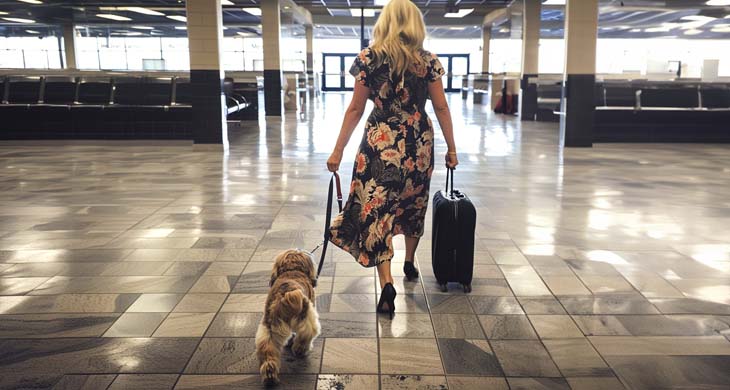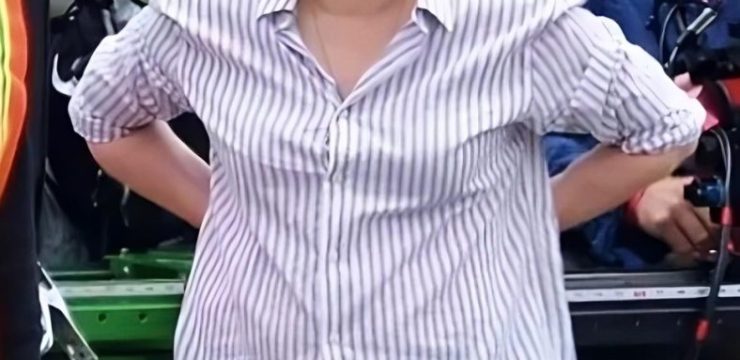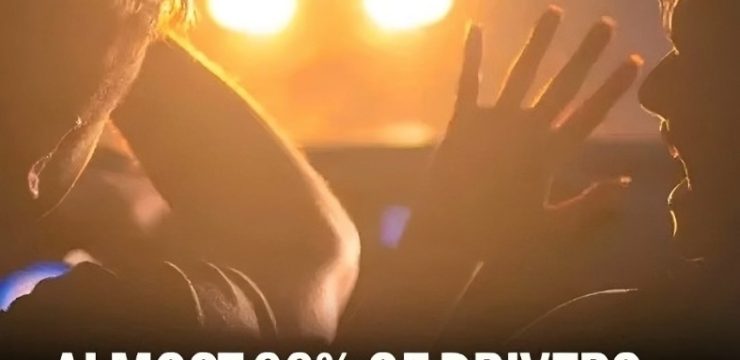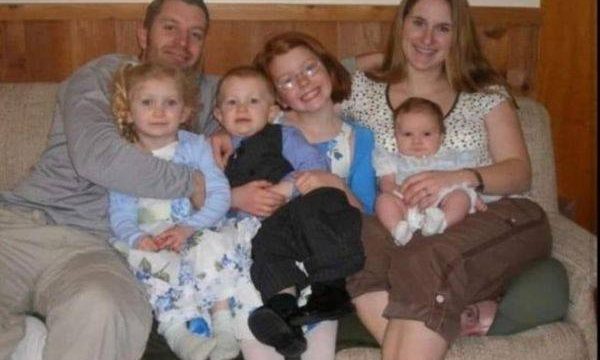It was early morning, and like many travelers, I was tired and in desperate need of coffee. As I made my way to the gate, I noticed a woman with a small dog engrossed in a loud FaceTime call, completely oblivious to her surroundings.
Before I could look away, I noticed her dog squatting on the airport floor. A middle-aged man nearby tried to get her attention, but she brushed him off with a glare, continuing her conversation as if nothing was happening.

The dog finished its business, and to my disbelief, the woman began walking away, leaving the mess behind. When another bystander asked if she was going to clean it up, she snapped back, “They have people for that,” before rudely ordering a nearby staff member to do it.
As the young airport worker stood there, stunned by her entitlement, I felt a surge of anger. Who did she think she was? Her behavior was not only disrespectful but also a blatant disregard for common decency.
I approached the worker, offering some words of comfort. “Don’t worry about it,” I said. “We saw the whole thing. It’s not your fault.” He nodded gratefully, clearly flustered by the situation, and hurried off to find someone who could handle the mess.
As I warned people to watch their step around the mess, my anger continued to build. I knew I couldn’t let her get away with this behavior. That’s when I spotted her again, sitting near my gate, her dog barking incessantly as she blasted music from her phone.
Seeing her sitting there, oblivious to the frustration she was causing everyone around her, I decided to take matters into my own hands. I sat down right next to her, ready to teach her a lesson she wouldn’t forget.
Feigning friendliness, I asked, “Are you going to Tokyo on business?” Without even glancing at the gate monitor, she snapped, “I’m going to London.” That’s when I saw my opportunity. “Oh no! Then you better hurry. That flight got moved to gate 53C. This is the flight to Tokyo.”
Her eyes widened in panic. Without checking the monitor, she grabbed her bags and her dog and stormed off to the wrong gate. I couldn’t help but grin as I watched her disappear into the crowd, still oblivious to the fact that her flight was right where she had been sitting.
As boarding time approached, I kept an eye out for her, wondering if she would make it back in time. The final call for our flight came and went, but there was no sign of her or her yappy dog.
Settling into my seat, I felt a strange mix of satisfaction and guilt. Sure, she deserved a lesson, but had I gone too far? Missing a flight is a big deal, and I started to wonder if I had crossed a line.
As the plane began to taxi, the woman next to me, Mei, smiled and asked, “First time flying to London?” We struck up a conversation, and when I mentioned the incident with the woman and her dog, Mei’s reaction surprised me. “Missing a flight is a big deal,” she said. Her words made me squirm, realizing the full impact of my actions.
Halfway through the flight, I overheard a conversation that confirmed my fears: the woman had indeed missed her flight because of the false gate information I had given her. The reality of what I’d done hit me like a ton of bricks.
Back in my seat, I couldn’t keep the guilt to myself any longer. I turned to Mei and confessed everything—the dog, the lie about the gate, and the woman missing her flight. Mei listened quietly, her expression serious.
After a moment, Mei spoke. “Well, that was certainly… creative,” she said, with a hint of a smile. “But you’re not a terrible person. The fact that you feel bad shows that.” She encouraged me to see this as a lesson—to think before acting, even in anger.
As we began our descent into London, I realized that Mei was right. We’re all works in progress, and sometimes we make mistakes in the heat of the moment. The important thing is to learn from those mistakes and strive to do better.
Stepping off the plane, I made a silent promise to myself. I’d use this experience as a reminder to act with more intention and kindness, even when faced with difficult people. The world doesn’t always balance the scales for us, but we can choose to find our equilibrium in the way we respond to others.
The memory of the woman and her dog will stay with me for a long time, not just as a reminder of her rude behavior, but as a lesson in humility and the importance of thinking before we act. In the end, we’re all just trying to navigate the chaos of human interactions, and sometimes, the best way to do that is with a little more understanding and a lot more kindness.
What started as an angry reaction to rude behavior ended up being a lesson in karma and self-reflection. While it’s tempting to dish out justice when we’re wronged, it’s essential to remember the broader impact of our actions. The next time I encounter someone testing my patience, I’ll strive to respond with more thoughtfulness, knowing that true strength lies in maintaining my balance, no matter how others behave.





